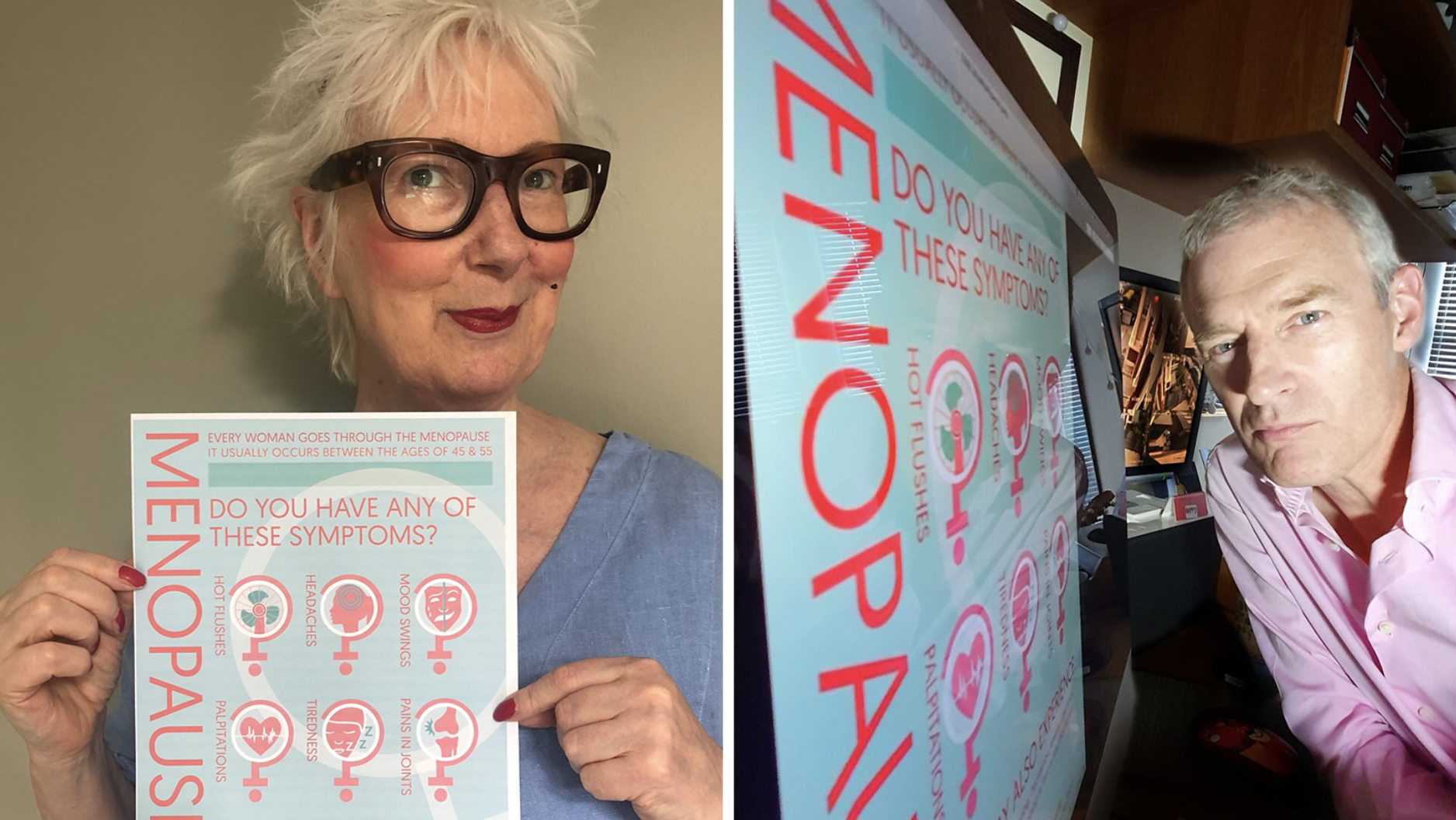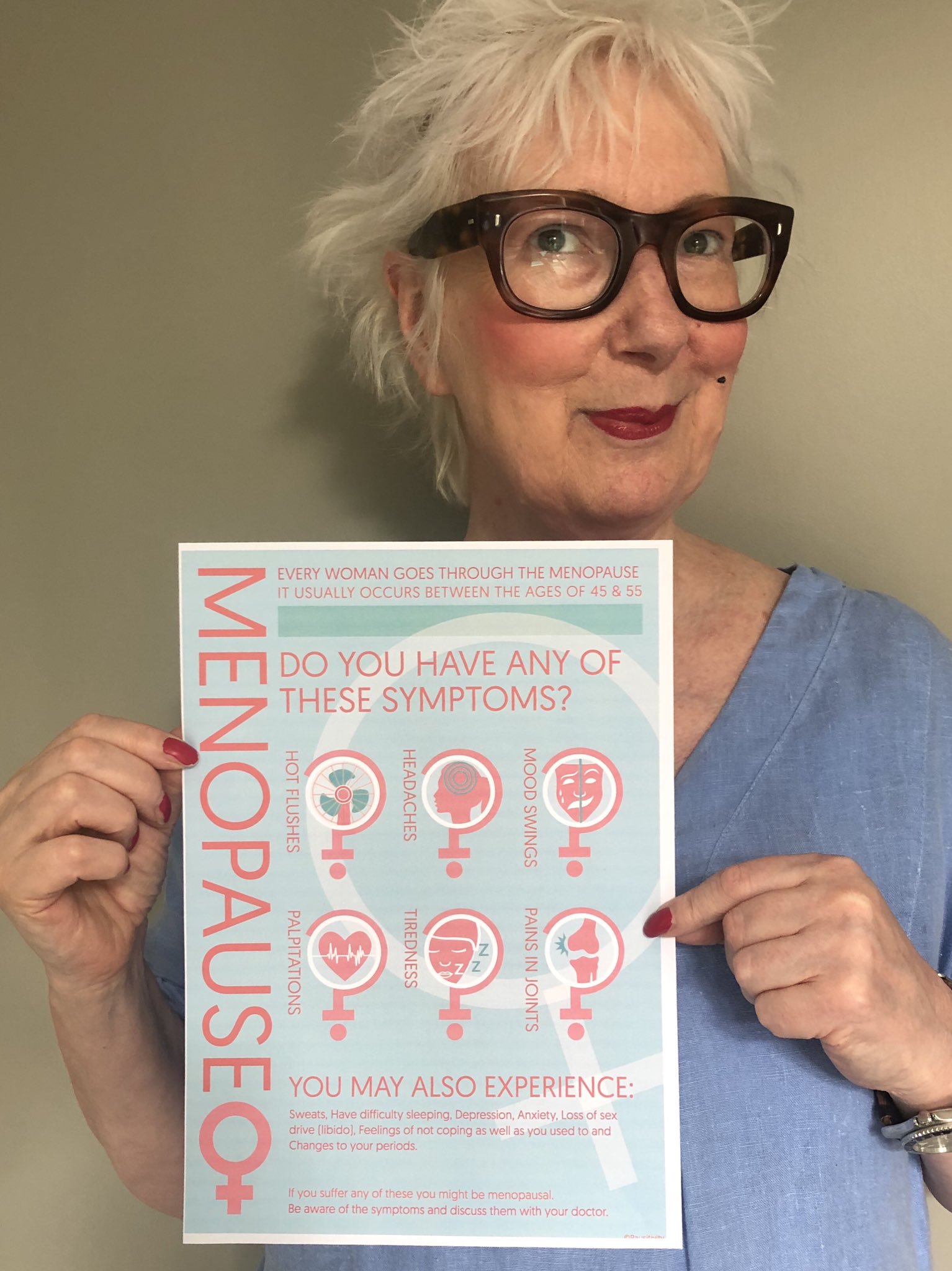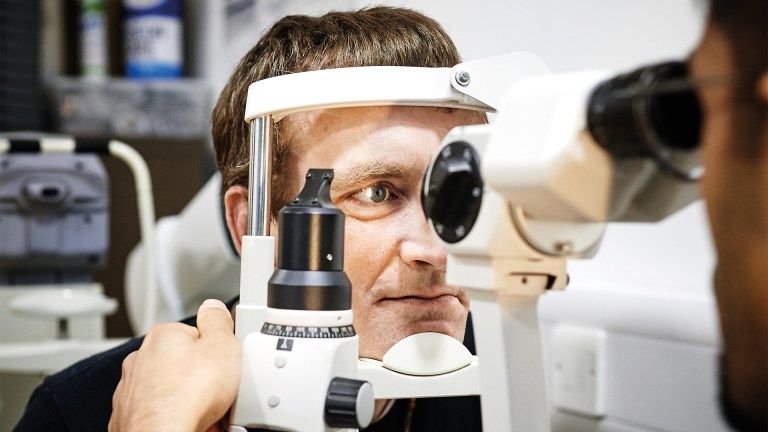“Menopause nearly destroyed my life. I used to go down to the Thames at lunchtime and wondered why I didn’t throw myself in,” says Elizabeth Ellis.
This was the start of a realisation that led Ellis to start Pausitivity, a campaign to make sure women are informed about the often under-discussed symptoms of menopause, and the help they can get.
And now, Big Issue sellers will get information about the menopause, thanks to a partnership with Pausitivity.
“I’m educated, and I had no idea that all of the symptoms that I had gone through for years were menopause,” says Ellis.
Seeing homeless people on the streets of Canterbury, Ellis realised they wouldn’t be getting help either.
“You pass women in the street and think, who is helping these women through the menopause? Nobody is there for these people,” she adds.







